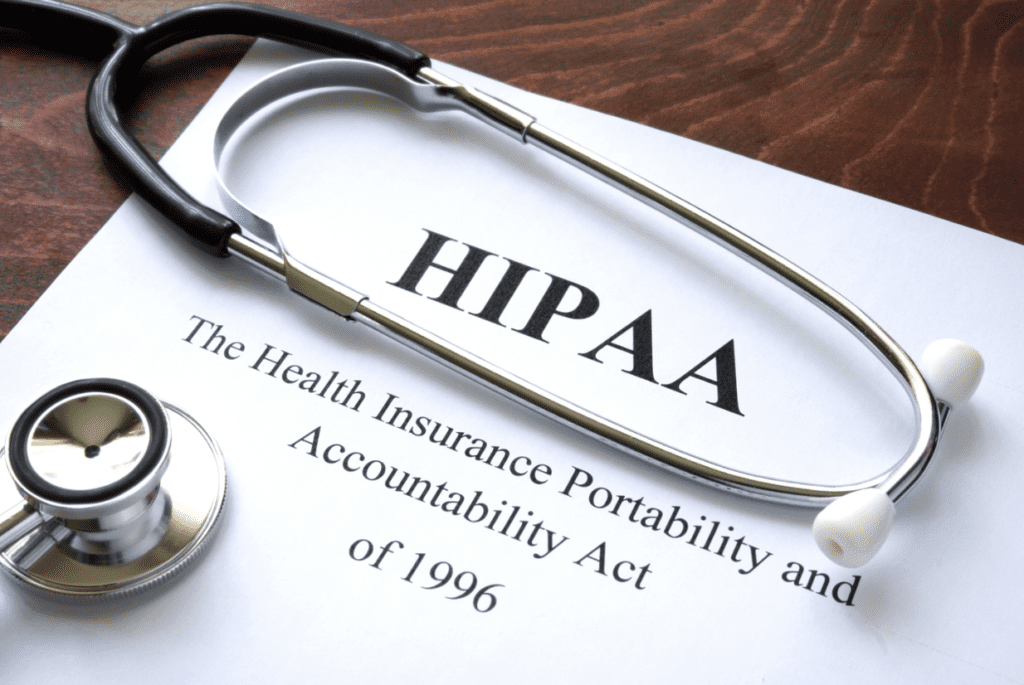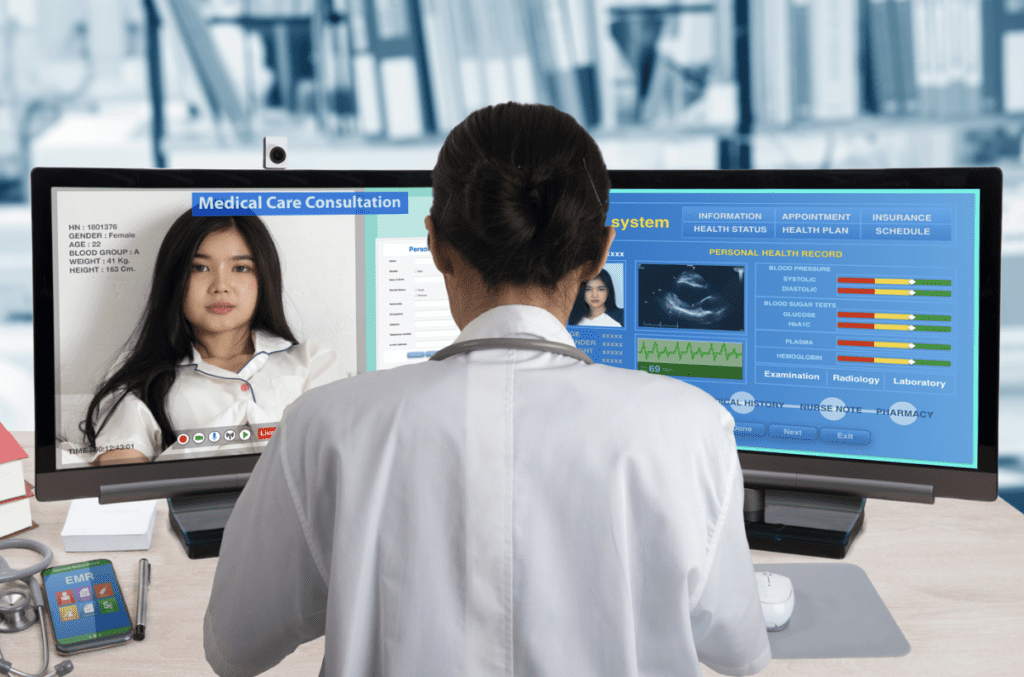Privacy Concerns? 3 Ways Healthcare Providers Safeguard Your STD Testing

There is a myriad of reasons why people avoid STD testing. For starters, testing can be intimidating, especially when fearing the unknown can create terrifying scenarios.
Beyond that, talking about your intimate adventures with a health professional isn’t always the most enjoyable of conversations. After all, we’re human and tend to fall victim to worrying about what others might think.
If privacy is your biggest concern when weighing the pros and cons of STD testing, you should be relieved to know that healthcare providers are bound by the law to protect your confidentiality.
In this article, we’ll explore three ways healthcare providers safeguard your privacy and implement measures that create a secure and compassionate environment.
Have You Heard of HIPAA?

Healthcare providers understand the delicate nature of STD testing and its impact on your life. They uphold strict policies that prioritize confidentiality, which isn’t only ethical in practice but required by law.
If you attend your yearly checkups or watch staple medical shows like Grey’s Anatomy, you’ve probably heard the term “HIPAA” floating around. No, it doesn’t mean that the doctors are “hip,” even though they probably are.
HIPAA, which stands for the Health Insurance Portability and Accountability Act, is a crucial piece of legislation in the United States that protects the privacy and security of individuals’ health information. It ensures that personal medical details remain confidential and are only accessible to authorized parties.
How does HIPPA work? Let’s say you get STD tested or walk into a therapist’s office and share your inner truths and concerns. Unless you grant otherwise with written permission, your doctor or therapist can’t discuss or distribute information about your case. Not to fellow professionals, not to their friends or pets, and not even to their pillows.
At the end of the day, HIPAA promises a shield of confidentiality, allowing you to freely discuss your health matters without fear of your personal information falling into the wrong hands.
HIPAA goes above and beyond for clients by setting strict guidelines for healthcare providers, insurance companies, and other entities that handle protected health information. It requires them to implement security measures, such as encryption and secure storage systems, to prevent unauthorized access. Additionally, HIPAA grants individuals the right to access their medical records, request corrections, and control the disclosure of their information.
The next time you consider backing out of STD testing over fears of privacy breach, remember that HIPAA serves as a guardian of trust. So, go ahead and have those honest and meaningful conversations, as HIPAA’s got your back.
Secure Data Management

In addition to ensuring in-person confidentiality, healthcare providers utilize robust data management systems to protect patient information. Electronic health records (EHRs) and other secure digital platforms are employed to maintain the privacy and integrity of your health data. These systems utilize advanced encryption techniques, strict access controls, and regular security audits to prevent unauthorized access and protect against potential data breaches.
Remember our friend HIPAA? Well, HIPAA sets strict guidelines for handling sensitive health information and provides patients with the legal right to control the disclosure of their health data. By following these regulations and utilizing secure data management practices, healthcare providers are committed to safeguarding your privacy.
Discreet and Anonymous Testing Options

Recognizing the importance of anonymity, healthcare providers often offer discreet testing options to protect your privacy further. Some clinics provide anonymous testing, where patients can receive STD testing without providing their real name or personal identification. This allows individuals to seek necessary care while maintaining a high level of confidentiality.
If you’re against in-person visits, telemedicine has emerged as a valuable tool in ensuring privacy for individuals who prefer remote access to healthcare services. Telemedicine platforms enable patients to consult with healthcare professionals online, including discussing concerns related to STD testing. These virtual consultations provide a secure and confidential environment, allowing patients to receive necessary guidance and advice without needing an in-person visit.
Here at 24/7 Labs, we understand the significance of safe and reliable testing. No matter which of our at-home testing kits you purchase, we go above and beyond to protect our patient’s privacy.
Leave Your Worries Behind You

In a world where privacy is increasingly valued, it’s no wonder that many people hesitate when it comes to STD testing. The fear of the unknown and the discomfort of discussing intimate matters can be overwhelming.
But fret not. Healthcare providers have your back, and you can leave your privacy concerns surrounding STD testing in the past. They understand the importance of confidentiality, and they’re bound by law to protect your privacy.
Remember––all staff members, from doctors to nurses to administrative personnel, are trained on patient confidentiality and privacy protocols. They know how to handle sensitive information and are committed to maintaining your trust and dignity throughout the testing process.
Healthcare providers also employ robust data management systems, utilizing advanced encryption techniques and strict access controls to protect your health data. They undergo regular security audits to ensure the integrity of your information.
Nonetheless, if anonymity is your concern, remember that many healthcare providers offer discreet testing options. So don’t let fear or worry hold you back. Take charge of your sexual health and have those important conversations. With healthcare providers and regulations like HIPAA on your side, you can prioritize your well-being without compromising your privacy.



